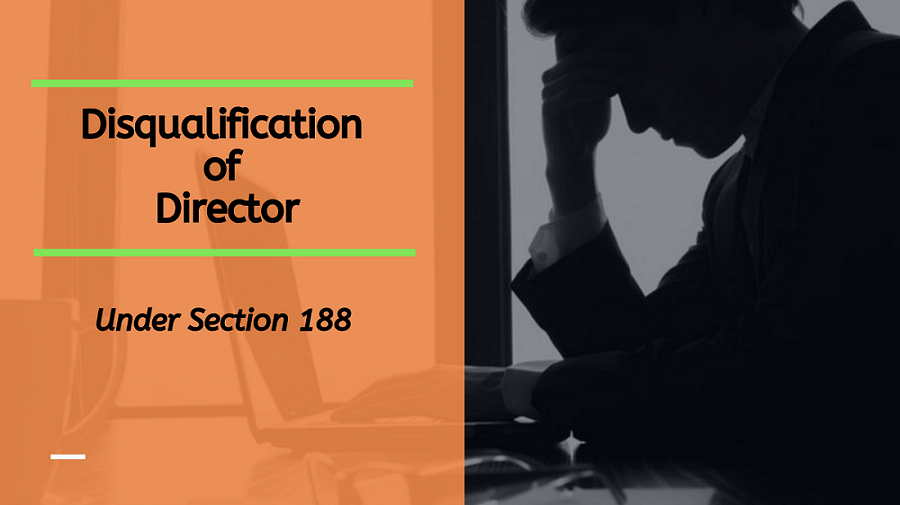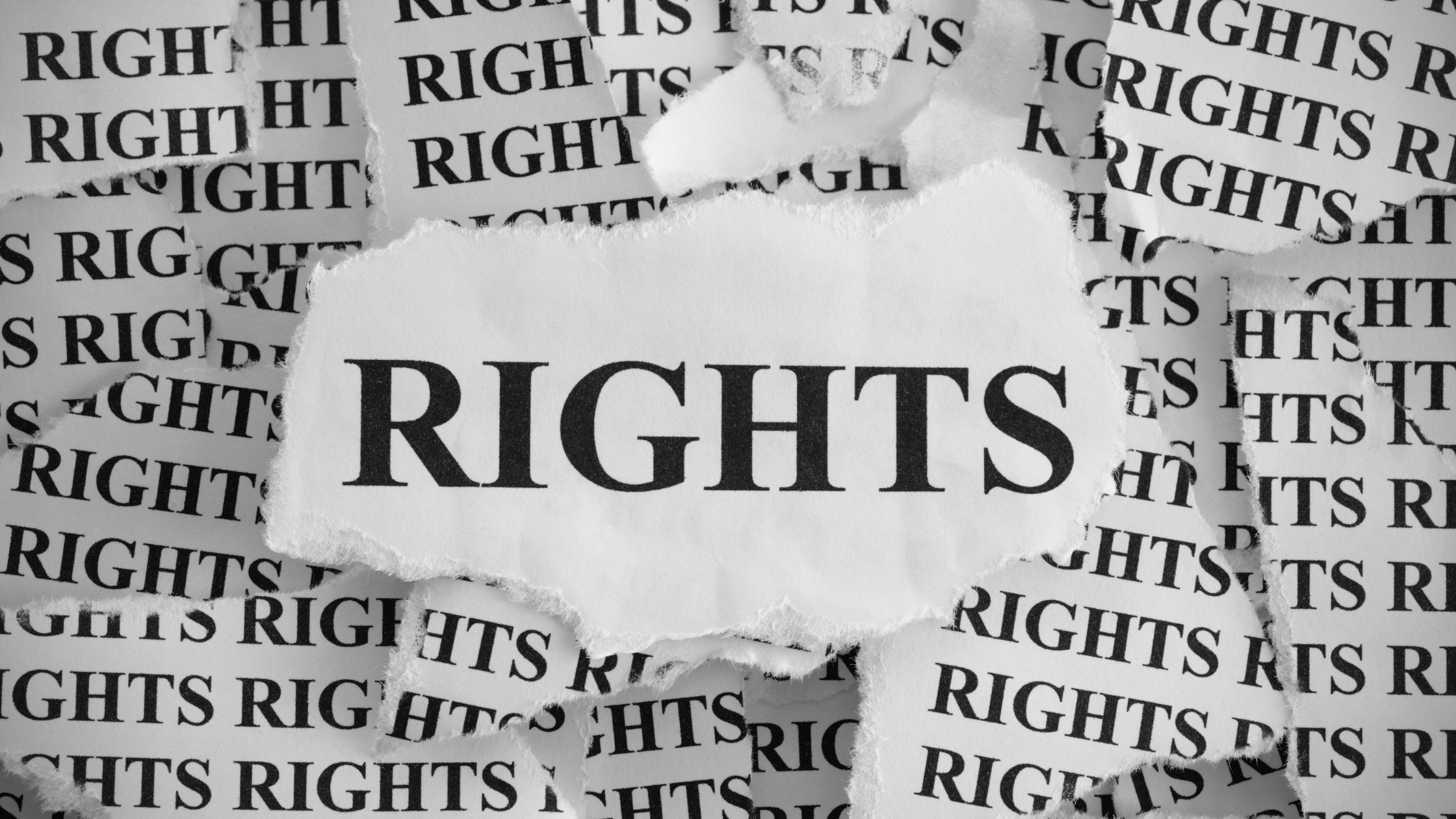A company is an artificial legal person. Therefore, it cannot act on its own and needs a natural person to act on its behalf. Hence, the company hires Directors. They are officers of the company who manage the company’s affairs. However, there are several provisions in the Companies Act, 2013, for the disqualification of directors. In this article, we will look at the provisions of Section 164 under the Companies Act, 2013, regarding the disqualification of directors of a company.
Disqualification of Directors of a Company
Primarily, Section 164 provides the provisions of disqualification of directors of a company. According to the section, a person is NOT ELIGIBLE for appointment as a director of a company for the following reasons:
Sub-section (1)
- He is of an unsound mind. Also, a competent court must declare the same.
- He is an undischarged insolvent. In other words, an insolvent who is yet to pay his debt.
- An application for insolvency made by him is pending approval.
- He has been convicted by a court and imprisoned for a minimum of six months and after the expiry of his sentence, five years have not lapsed yet. However, if he has been convicted and imprisoned for more than seven years, then he is ineligible for appointment as a director.
- A Court or a Tribunal has passed an order disqualifying him of being appointed as a director.
- He has not paid any calls for any shares of the company that he holds. Further, the holding can be single or jointly with others. Also, more than 6 months have elapsed since the last date for payment of the call.
- He has not complied with the sub-section (3) of section 152 – he has not applied for a Director Identification Number (DIN).
- During the last 5 years, the director has been convicted of the offence dealing with related party transactions under Section 188.
Sub-section (2)
If a person has been a director of a company that-
-
-
- Has not filed financial statements or annual returns for three consecutive financial years; or
- Has failed to repay the deposits accepted by it or pay interest thereon or redeem debentures on the due or pay interest thereon or pay the declared dividend for one year or more
-
Then such a person will not be eligible for appointment as a director in any other company or re-appointed as a director in the former company for a period of 5 years from the date on which the company fails to do so.
Sub-section (3)
A private company can add to the list of disqualifications for appointment as a director using its articles.
The last point in sub-section (1) mentions Section 188. Here is what the section entails:
Section 188 under the Companies Act, 2013
The provisions of section 188 are as follows:
- A company cannot enter into any contract or arrangement with a related party without the consent of the Board of Directors. Also, a resolution in the general meeting can grant approval if the company intends to enter into a contract having a transaction amount as prescribed under rule 15 of the Companies (Meeting of Board and its Power) Rules, 2014.
- If a member is a related party, then he cannot provide the approval to pass a resolution for such a contract or agreement.
- A director can enter into a contract or agreement with respect to a related party transaction. However, such a contract is voidable if:
- He has not obtained the consent of the Board OR
- Approval via a resolution in the general meeting AND
- The Board or the shareholders don’t ratify it within 3 months from the date on which such a contract or arrangement was entered into.
Also, if a director does not comply with the provisions of sub-section (1) of Section 165 of the Companies Act, 2013, then he can be disqualified. The provisions state that:
A Director cannot hold office as a director including any alternate directorship in more than 20 companies at the same time. Also, in the case of public limited companies, he cannot hold office as a director in more than 10 companies at the same time.
Removal of Disqualification of Directors
Under Rule 14(5) of the Companies Act, the disqualified director can make an application for removal of disqualification of directors in Form DIR – 10.
Summing Up
These are the rules surrounding the disqualification of directors of a company. In case of any questions, please feel free to write to us.
















